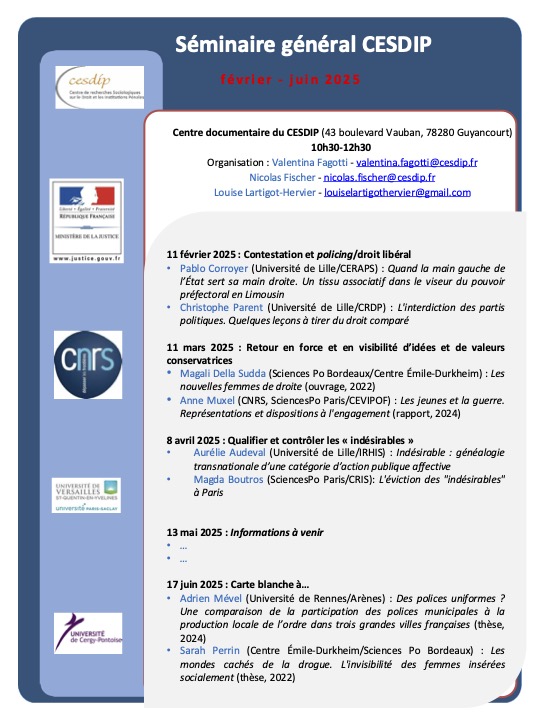By Jacques de Maillard and Christian Mouhanna in Policing European Metropolises, the politics of security in city-region, 2017.

In France, even if the cities are involved in public security policies, the nationalization of police forces in 1941 prevent the mayors from managing the public security. The consequences of such an institutional structure is well-known: priority set by the national government and not local authorities; national-scale recruitment of police officers with no link with the territory and the population. In the 1980 and 1990’s, the decentralization policies, the growing part taken by the cities in the management of prevention, the development of CCTV systems under the control of the cities’ responsibility and the rise of local police forces in some cities, have led to rebalancing the power of the State. Now, the security policies are organized under the principle of co-construction. We have chosen four cities in order to illustrate the differences that can be found in France: Paris, with still a State monopoly in the field of policing; Lyon, which is trying to claim its autonomy in this field; Strasbourg, a model of a better cooperation between the State and the city, and Toulouse, changing its policy from a priority to mediation to a law and order way of policing.
One reason for the relatively poor development of local police forces is the division of the French territory in 36 000 cities, each with a mayor with formal power in the field of security. Even big urban areas are divided into several local authorities. The national priority is now to build « métropoles », i.e. grouping together the cities. If this strategy has produced effective results in many fields -economy, public transportations, housing, social services-, the vast majority of the mayors still refuse to share their -poor- powers in the field of public security. As a result, the National Police forces mostly still keep control on it.




